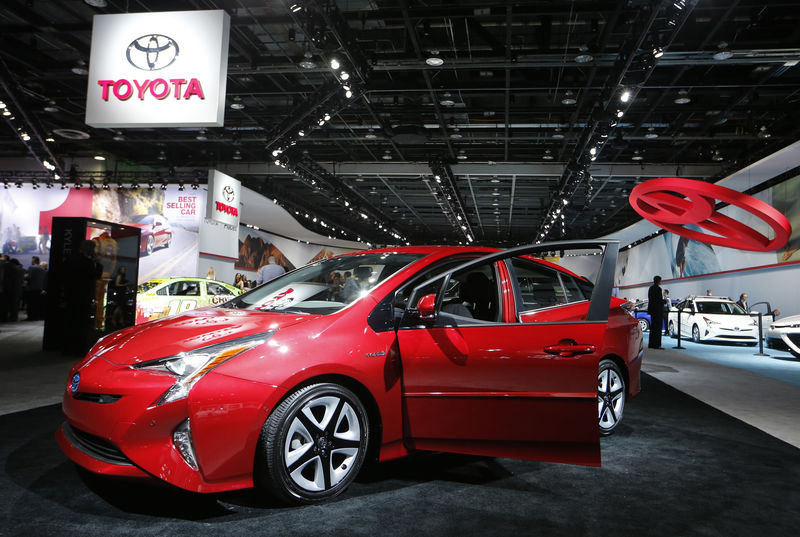In a recent development in the automotive industry, Toyota has announced its decision to scale back its production of electric vehicles (EVs) by 30%, according to a report from godzillanewz.com. This significant shift in strategy reflects the challenges and complexities that arise as traditional automakers navigate the transition towards sustainable mobility.
One of the key factors driving Toyota’s scaled-back EV production plans is the increasing demand for hybrid vehicles. As a pioneer in hybrid technology with the successful Prius line, Toyota has built a strong reputation for fuel-efficient vehicles that appeal to a broad market. The company’s decision to prioritize hybrid models over all-electric vehicles underscores its commitment to meeting consumer preferences and maximizing profitability.
Furthermore, the challenges associated with EV infrastructure and battery technology cannot be overlooked. While the adoption of electric vehicles is steadily growing, there are still significant barriers to widespread acceptance, such as range anxiety, charging infrastructure limitations, and high upfront costs. Toyota’s decision to adjust its production plans may reflect the need to address these challenges in a pragmatic manner, rather than rushing into full-scale EV production.
Another important aspect to consider is the global supply chain constraints that have emerged in the wake of the COVID-19 pandemic. The disruption in semiconductor supply, which has impacted various industries including automotive, has forced manufacturers to reassess their production schedules and adapt to the changing market conditions. By scaling back EV production, Toyota may be strategically managing its resources and minimizing potential risks in the face of ongoing supply chain disruptions.
It is worth noting that Toyota’s focus on hybrid vehicles does not signal a complete abandonment of electric mobility. The company has indicated its commitment to developing a diverse portfolio of electrified vehicles, including both hybrid and electric models. By striking a balance between different types of powertrains, Toyota aims to cater to a broad range of customer preferences and market demands while gradually expanding its EV offerings.
In conclusion, Toyota’s decision to scale back its EV production plans by 30% reflects a combination of factors, including shifting consumer preferences, infrastructure challenges, supply chain disruptions, and strategic considerations. As the automotive industry continues to evolve towards a more sustainable future, traditional automakers like Toyota are faced with complex decisions that require careful planning and adaptation to changing market dynamics. By maintaining a diversified product portfolio and a flexible production strategy, Toyota is positioning itself to navigate the challenges and opportunities of the electrified vehicle market effectively.



